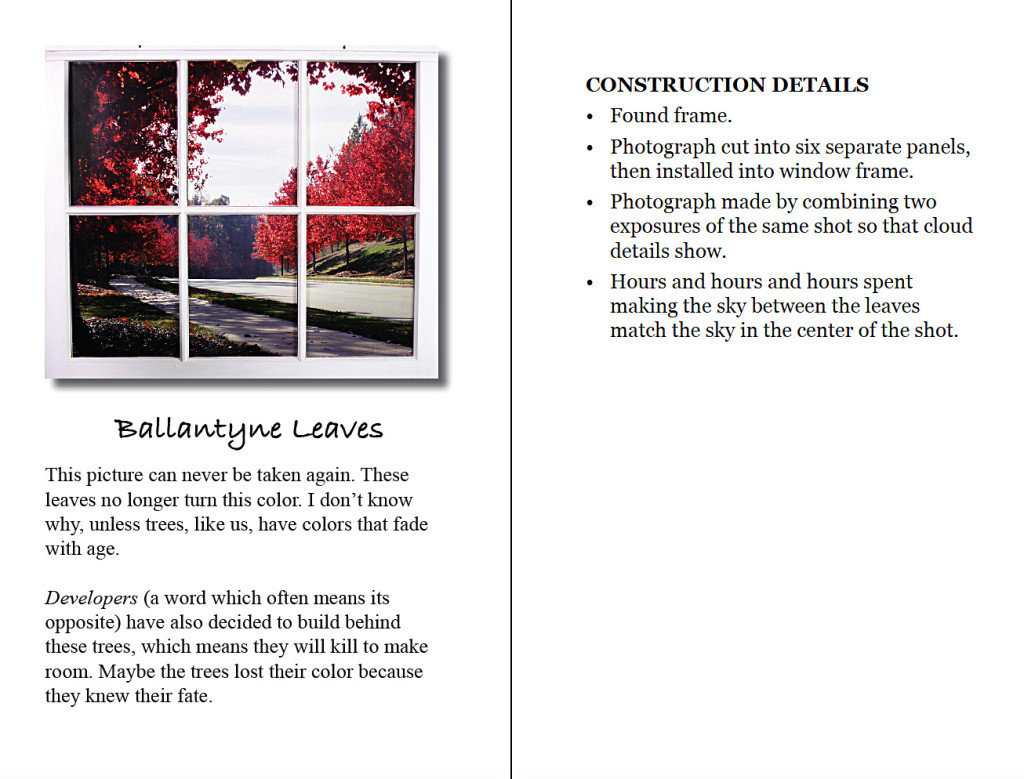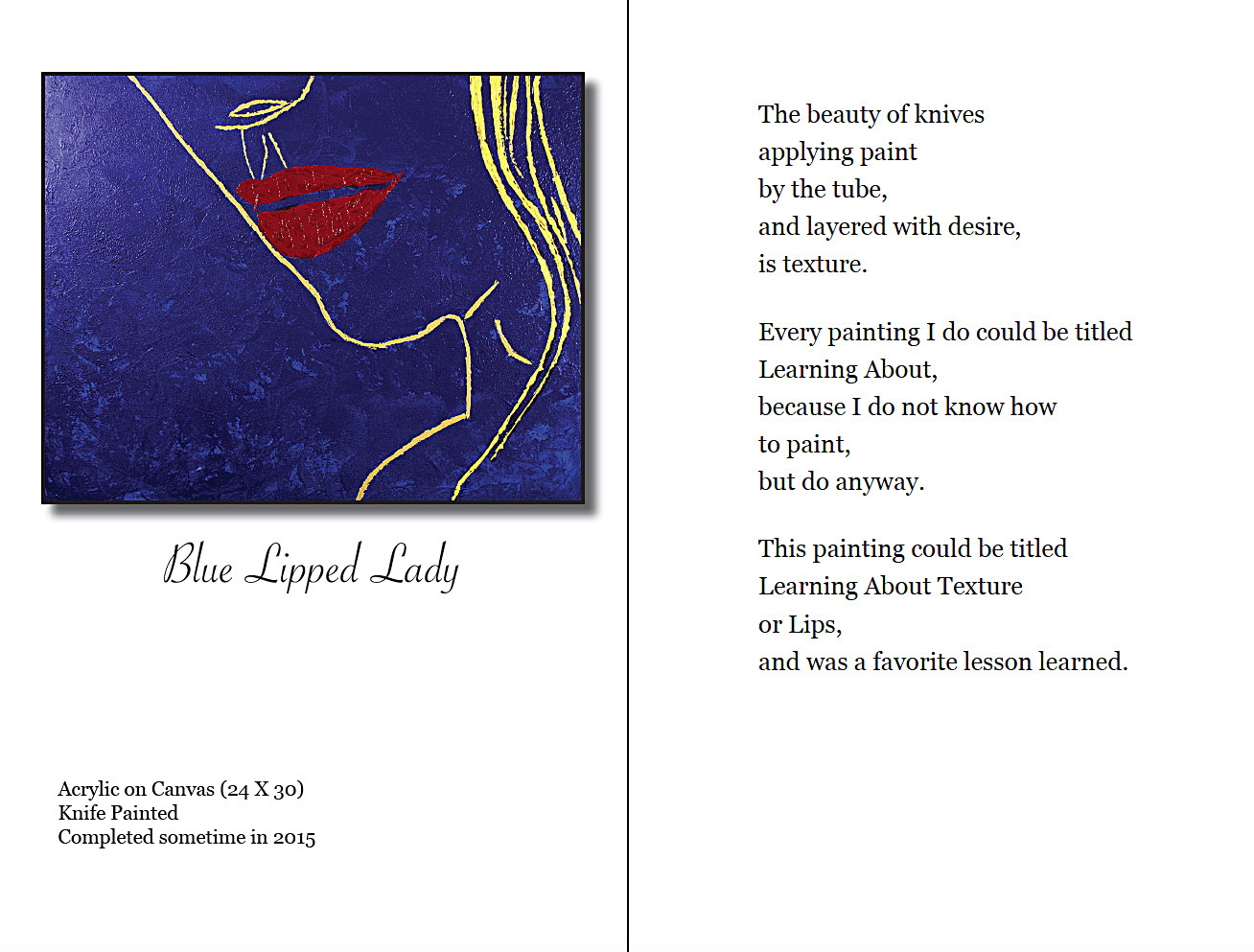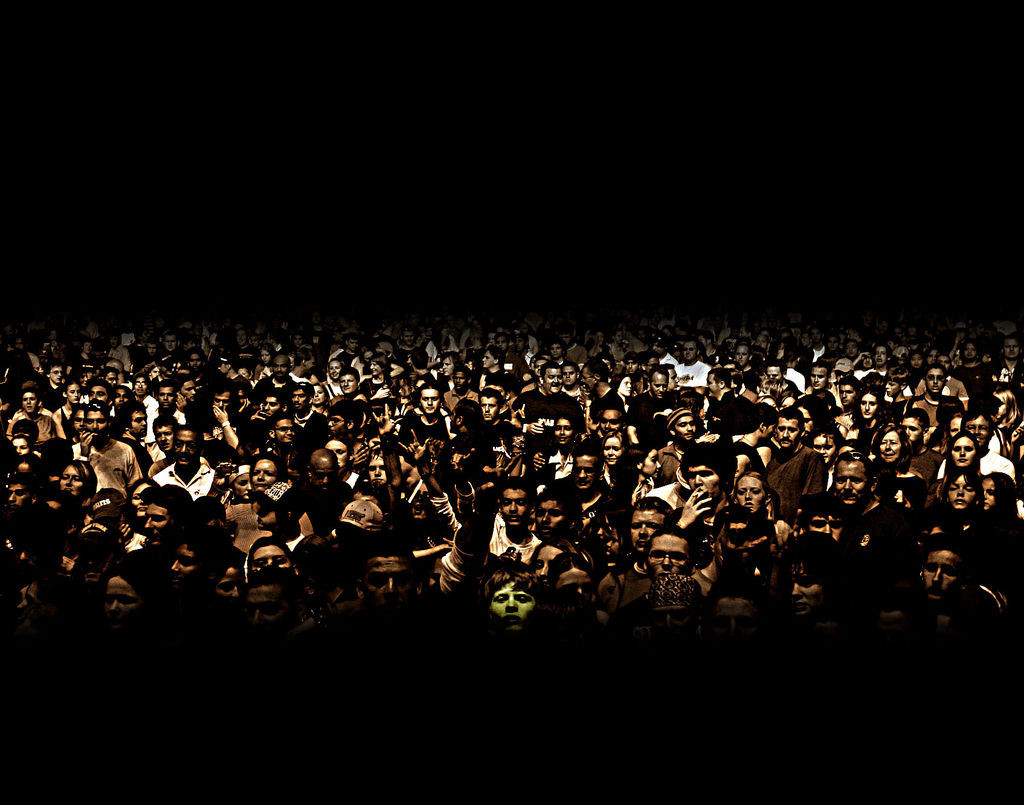CLICK TO SEE FULL SIZED PAGE AND IMAGE
WRITING FOR AIR
It’s easy to be that smug, clever, verbally glib toast of the cocktail party, to drink just the right number of gin fizzes to find just the right combination of words to turn just about anything into a joke.
Not so easy to find something sacred in your life, something you respect for the simple reason that it deserves it. And to know it deserves it for the even more simple reason that it has earned it.
People read those sacred words of yours even when you wish there were more of them, or they wish there were fewer of your words, and those readers, which is what we call people when we forget why we started writing in the first place, talk to other people, who have hearts full of searing desire, who share, persuade, love, hate, kill, hug, nurture, and sleep around because of your words, or mine, or those of their parents, who might not have loved them as much as we do.
If in that tiny office of yours that always feels too hot or cold you write This word, That word – Verb my Noun! your words move me to hate, love, laugh, think, desire, and crave, and so I share how you’ve made me feel, and in sharing shape the world atom by atom, and we both know how pesky those little atoms can be.
Your writing is sacred because people are, and our earth is, and the things we love and hate and care about are.
Participate in the sacred because we need your sacred words, flawed as they are, like you, you beautiful, immoral, uplifting, passionate, desperate, decrepit animal.
Participate in the sacred because we need your words to remind us to save,
to love
to nurture,
to judge and excoriate,
to forgive and apologize,
to dream,
to ground.
And to remind me to scream
Stop!
Things matter. Not like people, but they’re still important.
A pen that inspires you to write beautiful words because you want to do its form justice, its feel, the way it spreads ink across that particular shade of paper you found after looking for weeks, which you’ve placed on top of that
desk you’ve always had in the family,
or just bought, and on top of which today you’ve set up a laptop instead of paper, and tomorrow maybe an iPad, although not that many yesterdays ago you wouldn’t have known what that meant.
What you choose to write with, on, and seated at will draw you in, or push you away. Writing day after day after day is hard. As in very. Make it easier by falling in love with objects that you enjoy touching, seeing, celebrating. That way, even when the writing does not end perfectly, the act of writing will.
We creative types are very good at finding fault in our own work, which really isn’t much of an accomplishment, given the perfection of human imperfection. Still, we revel in our ability to find fault:
“Look! My dream of a perfect painting fell short again.” (Sigh)
“My story is… so not as wonderful as I had hoped for.” (Sigh)
“My poems are so… [[pick one: predictable, passe, lackluster].” (Sigh)
So let me suggest something new, something truly inspiring. Today (there isn’t really a tomorrow, remember? Never will be. Is that sinking in yet?), before you go to bed, look at something you’ve made without finding fault. It takes a certain kind of courage to do that, to say “This poem or song or story or quilt I made is good” (and then not add, “I know it could be better but”).
I can help with this:
- Find a place where you will not be disturbed.
- Put on some headphones.
- Play a George Winston song, or if you don’t like piano music (what are you, an alien?) try something from Neil Young’s Harvest.
- Put in a set of fresh eyes, the ones you keep on hand for looking at your best friend’s work, or that of your child or lover. You know, those friendly eyes that see with love.
- Now look at a piece of your own work, knowing it is flawed but not caring…
…AND LOVE THAT WORK! LOVE IT the way you love your friend’s or child’s or lover’s, as if it is the only piece of art that will ever be created.
It takes a certain kind of courage to do this. If you can’t do it, you need more courage, because if you can’t love your own work, not even for a few minutes, all you will ever be is disappointed, first in yourself, then in others, then in the imperfect world you were born into and will die from.

We have an arrangement in our house. If the door is closed, it means I’m writing but it’s okay to knock if something really urgent comes up. If I’ve also hung the Do Not Disturb sign, better not knock unless your injury is so severe it will be hard to dial 911 by yourself. Here are some things that are NOT exceptions to the rule regarding my Sacred Space:
We knocked because a delivery requires your signature (that’s why they leave we’ll try again notes).
We knocked because the school’s on the phone (that’s what answering machines are for).
We knocked because we can’t seem to remember where we put the peanut butter and crackers.
Knocking for any other reason you can think of.
Sacred space is so important that until you find a way to say my writing is more important than… (everything) you’re going to have a hard time finishing anything, because there are all sorts of worthy adversaries clamoring for your attention. The beauty of finding a sacred space is that once you have it set up, you’ll know the rules about what intrusions are allowed, and so will everyone else. Having a sacred space says This is mine, that is yours, and all the rest is ours. Or to paraphrase the late Swiss writer, Hughley Ericcson: Having a sacred space means sitting in one particular chair in one particular room, for the same reason you sat there yesterday – To write.
I certainly have known writers who can write anywhere, and I have done my fair share of writing in spaces that are anything but sacred, but if you read Part I of this mini-series on the sacred you can probably predict what I’m going to say about that: Variety may be the spice of life, but until you have established a solid habit of productive writing you should probably be searching for rules, not exceptions. When you get to page 300, or you’ve written 300 poems, you may be able to write anywhere. Until then…
- Find yourself a Sacred Space and claim it.
- Get everyone you love to agree to the rules regarding your Sacred Space.
- Sit in your Sacred Space during your Sacred Time (see Part I).
- Do your Sacred Thing, during your Sacred Time, in your Sacred Space.
- When you reach page 300, or finish poem 300, email me at philipdealbooks.com and I’ll give you a shout out.





